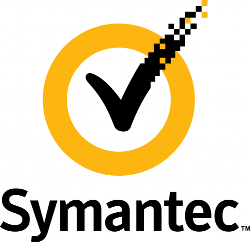 Malicious attacks on the Internet have grown 81% in 2011 compared to 2010, according to the annual report of the security firm Symantec.
Malicious attacks on the Internet have grown 81% in 2011 compared to 2010, according to the annual report of the security firm Symantec.This company last year blocked 5.5 billion malicious attacks, detected an increase of infected web pages, especially religious, and actions up against very defined foci.
Symantec has released its annual report on security threats on the Internet, where "curious" data are disclosed, such that religious sites are the ones having most infected content on the Internet, even more than those of a sexual nature.
This has been assured by the security officer of Symantec, after insisting on the increase of 93% of vulnerabilities detected on mobile devices over the past year and increased daily attacks against very specific targets, which have risen from 77 to 84.
Such targeted attacks are not looking to make "noise" but have access to very specific people or companies to gain control of their teams or committing malicious actions through their data.
These acts are not only addressed to managers of large companies, since 50% of the malicious actions is intended to other positions within the company, as employees of human resources, public relations and sales, and also the half of the attacks are affecting to small and medium enterprises.
Many attacks aimed at certain targets are persistent over time and last even months.
Although the data reveal a reduction in the number of "spam" or junk mail in the past year, however the number of infections have increased through social networks, and also the practices of 'cyberwar', that is, the search for data and information from other countries.
It is occurring an important specialization in terms of development tools used and malicious code, but are also incorporating many people who have no knowledge in this type of crime that increase annually "significantly".
The major focus of attacks have to do with money-related sectors such as finance and banking; with public institutions such as those related to education or with companies with "intelligent" information.
In this final section contains the so-called "critical infrastructure" that provide important daily services such as health, electricity, water, gas, etc.
Some countries are working to develop courses of action against possible massive attacks against critical facilities such as the US and the UK.
Tuesday, May 7, 2013
Powered by WHMCompleteSolution

